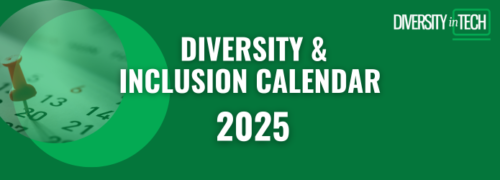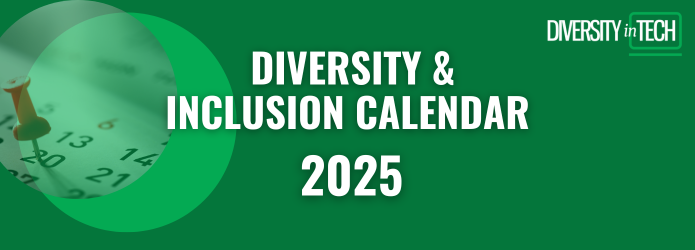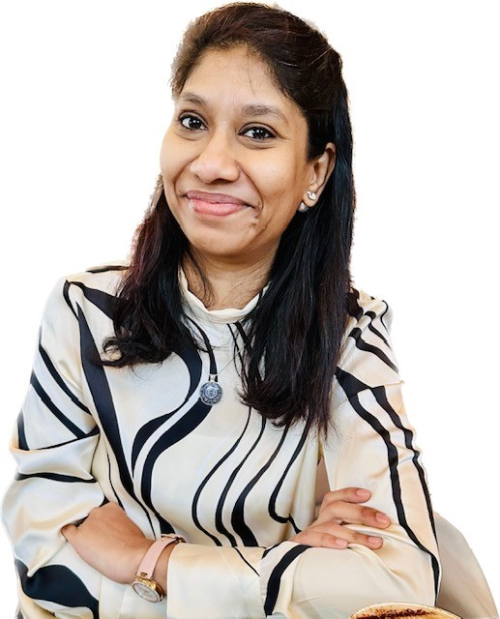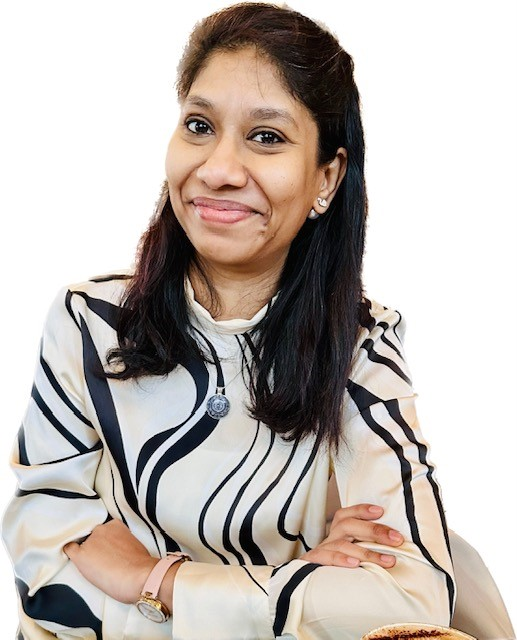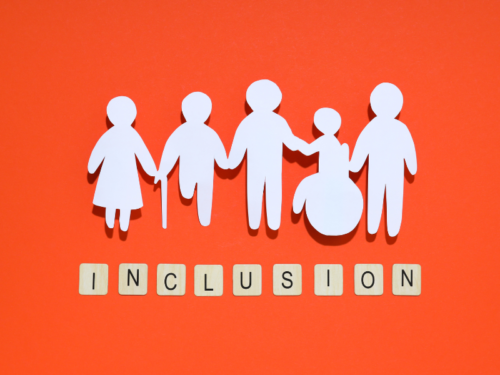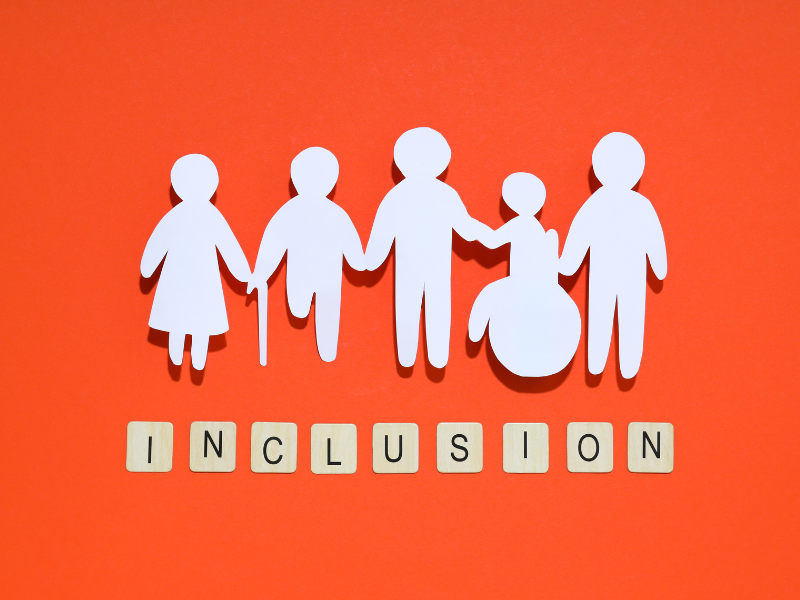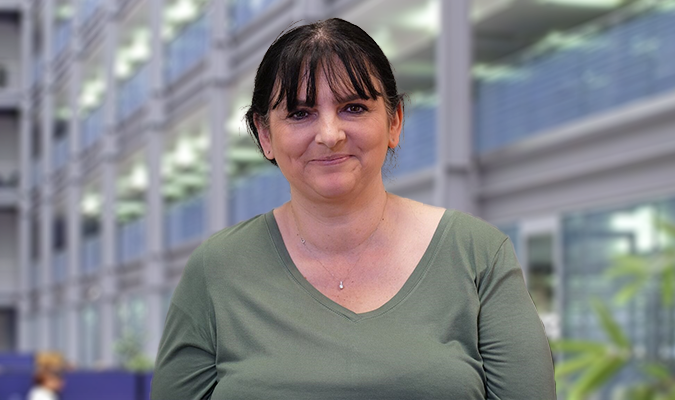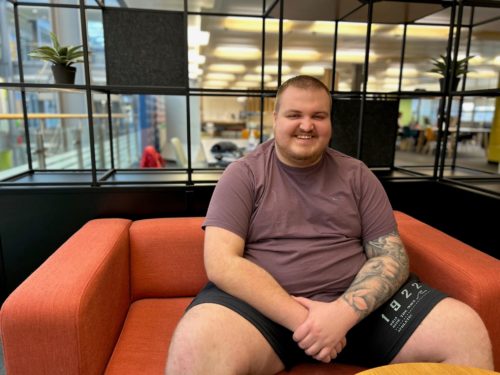
DWP Digital – Ryan Westerby, Application Operations Engineer
Application Operations Engineer Ryan Westerby shares how he joined DWP Digital through the Going Forward into Employment (GFiE) scheme.
Joining DWP Digital
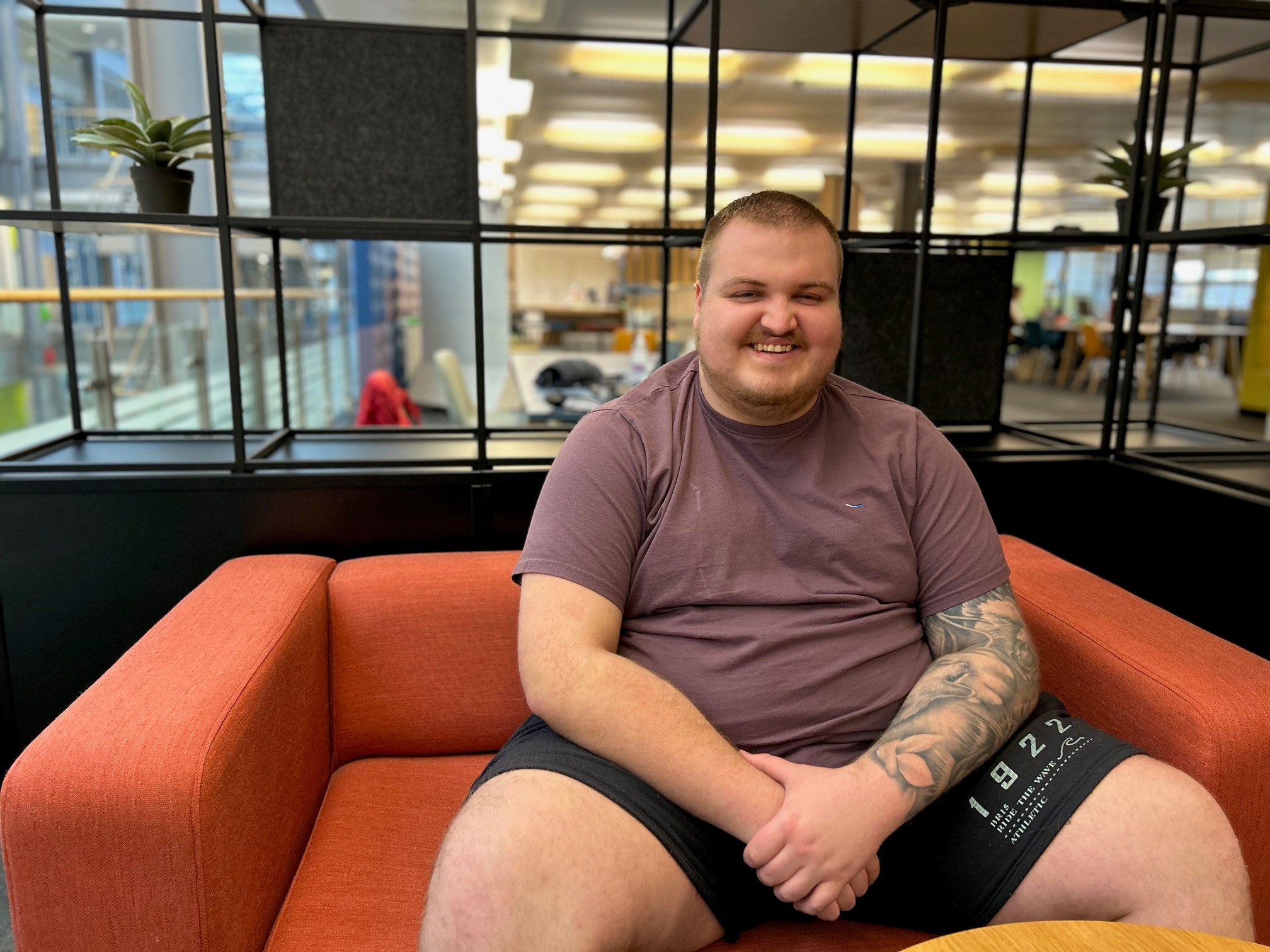
I recently joined DWP Digital in the Centralised Application Support Services team as an Associate Application Operations Engineer, specifically working on the Central Payments System (CPS) support team. This role involves installing, maintaining, and continuously improving applications, including responding to requests and proactively raising incidents.
However, I didn’t come into the department through what you might term a ‘regular’ recruitment process. I believe I’m one of the first people to join DWP Digital through Going Forward into Employment (GFiE), a government wide scheme that provides life chances to people like me. The scheme matches the likes of prison leavers, veterans, care leavers, carers and those who have been homeless to roles within the Civil Service.
Barriers into tech
I’ve always wanted to get into tech however, two barriers stopped me achieving this. I’m a carer for my mum and have been since I started high school. This meant I had extra responsibilities that many of my school friends didn’t have to worry about which affected my education, and I felt I had to grow up fast.
My younger sister also helps with caring for my mum, but she’s now at university, so most of the responsibility sits with me. I always wanted her to have all the opportunities I didn’t, and it’s great to see her doing so well.
As well as my caring responsibilities, I was diagnosed as autistic last year, following a misdiagnosis when I was younger. It’s UK Disability History Month, 14 November – 20 December, and autism is recognised as a disability, but I don’t personally see myself as disabled. When I was first diagnosed, I thought there was something ‘wrong’ with me. Now I can see that’s not true, there’s nothing wrong with me, I just do things in different ways.
Having this diagnosis confirmed has been a huge relief, but it also brings a sense of frustration and ‘what if?’. There’s a lot of wasted years at school which felt incredibly overwhelming, and where I didn’t get the specific support that could have helped. Instead, I feel I was pushed in a particular direction rather than making my own mind up and found myself leaving education at 16.
Thankfully, it was through my role as a carer that I found out about GFiE. The Young Carer’s Association help people from diverse backgrounds like me into work and supported with my application.
As for reasonable adjustments, I was offered any support I may have needed so that I wasn’t at a disadvantage because of my barriers. The process was made a lot easier by George, my line manager at DWP Digital. He contacted me in advance of the interview to reassure me. He said it won’t be a formal interview, there is no pressure and to think of it as a friendly chat to get to know each other. He helped me recognise that interview was for me to also ask questions about the role and discover whether it would interest me.
I was able to do the interview virtually which made it a lot easier as I was in a comfortable and familiar environment. This relieved the extra pressures of an in-person interview, such as worrying about travel or getting lost, where my nerves may have built up too much. As soon as we started talking during the interview, I felt relaxed.
Worth the wait
My new career has been worth the wait. Since I’ve started at DWP Digital, it’s been overwhelmingly positive, I describe it as a culture shock, but in the best way. I’ve always been passionate about technology so I couldn’t be happier to have been given this opportunity.
I’ve been in the role for seven months and I’m so pleased to have passed my probation. I see every day as a learning day, constantly developing my skills further and I’ve signed up for some courses including SQL knowledge.
DWP Digital encourages flexible working so I’m able to still care for my mum. I’m able to confidently talk about my caring responsibilities, for example if I’m unable to make a meeting I don’t feel like a burden because the culture is so open around flexible working. I’m able to prioritise any appointments I need to take my mum to as I’m trusted to manage my own diary and workload.
I feel very lucky to be here and that I’m getting back on track with my career. Looking ahead, aspirations are only ever as high as you set them, and I can see a clear path in front of me for how I could progress within DWP Digital. I’d love to do what my line manager does eventually helping other people through managing a team. I’d love to be a software engineer, with my background and leaving education at 16 I never thought it was possible. With the support I have at DWP Digital, the path to my dreams seems reachable.
Supportive colleagues
Everyone has been incredibly supportive, particularly my line manager George who reassured me throughout the recruitment process. The team have welcomed me with open arms. I couldn’t ask for a better experience as everyone has been happy to help me learn and understanding to my circumstances.
I go into the office two days a week to spend time with the team, and I feel comfortable that if I get overstimulated with noise I can put headphones in, and they understand why. Apart from that, I don’t have any other adjustments because the role has been a great fit for me.
“The GFiE team have been fantastic, in terms of helping us fill out the correct information and getting everything lined up for Ryan to come into the role.
“Ryan has made such an impact. Since he started, he has fitted in really well and has brought a new outlook and a fresh set of eyes to our world. The team he works with feel as if Ryan’s been with us for years. In fact, recently I caught Ryan showing one of the team a new way of doing something, which not many of us can say they’ve been able to do!
“As an ex-forces veteran myself I’m a big advocate of social mobility, providing opportunities for people from challenging backgrounds to improve their life chances, and adding to the diversity of thinking, skills, backgrounds, and experience into our workforce.”
- George, Service Operations Lead and Ryan’s line manager
Go for it
My advice for people with similar barriers is to go for it. Don’t let anything hold you back. I had doubts initially, I thought I wasn’t good enough but I’m so glad I was able to overcome this with the support I received. You don’t have to have the highest grades and experience isn’t everything. Employers also look for transferable skills, work ethic, how you approach problems, and your personality.
It’s really changed my life; a happy work environment has changed who I am outside of work too. My family have noticed the difference in me, I’m not slogging around anymore feeling like I haven’t achieved anything. I’m more confident, happy and in a positive mindset to be able to do things I enjoy outside of work too.
I couldn’t recommend the GFIE scheme and DWP Digital as an employer more. I hope my story encourages at least one person with a similar experience to me to go for it.

